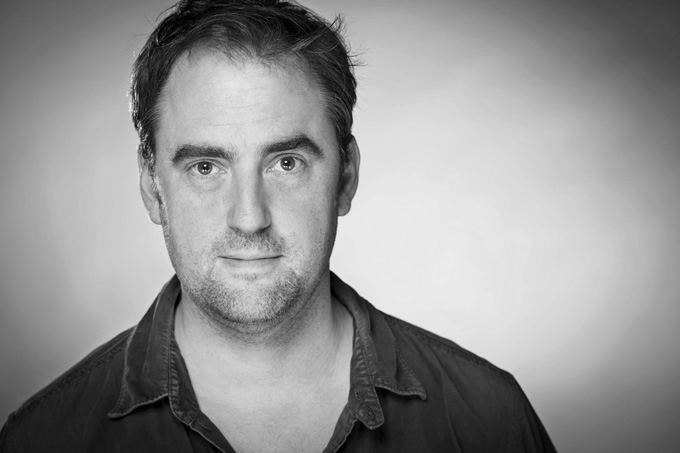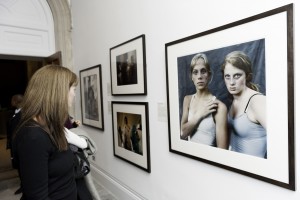
Post-Brexit Theatre: An Interview with Jeremy Herrin
by Tara Doolabh | December 11, 2016
As the initial outrage over Brexit begins to simmer, the Arts community remain among the most outspoken critics of the decision to leave the European Union. It’s no secret that the majority of the cultural sector voted to remain; a poll of the Creative Industries Federation members put this at a stunning 96%. The Guardian, too, published a series of artists’ reactions to the result that were damning, even vitriolic, in parts. But if the cultural arts world was meant to be a reflection of a national consciousness, then a little over half of our theatre seats would be empty. In a BBC Radio 4 debate Rufus Norris, Artistic Director of the National Theatre, described the outcome of the referendum as a “huge wake-up call” for British theatre. In spite of allegiances the concern (aside from EU funding) is now with representation and the obligation to engage with the voices behind the 52%.
Headlong is charged with being one of the most adventurous and innovative theatre companies in Britain and its Artistic Director Jeremy Herrin is acutely aware of his responsibility. Since he took over in 2013, Herrin has directed a number of landmark productions including political drama This House and the play adaptations of Hilary Mantel’s Wolf Hall and Bring Up the Bodies. He speaks to me as his production of The Plough and the Stars at the National is coming to an end. To Herrin, “Theatre is all about looking out and making connections”. “Brexit”, he continues, “is a reaction against that sort of energy, a desire to stop certain conversations”. Amongst the announcements for Headlong’s new season is their collaboration with the Guardian. Though the project is in its infancy Headlong are co-producing a series of short films about Brexit, which will be broadcast on the newspaper’s website. It’s not geared to simply be a retrospective exposé of political villainy, but a testament to a divided nation, and an imagining of the consequences. “It’s a reaction to the obvious observation that as a country we are breaking up in terms of identity”, Herrin says. “There isn’t a strong dialogue and I find that to be quite disturbing”. As a roaming theatre company Headlong is perfectly poised to initiate these kinds of conversations digitally. “Not having a theatre space to fill is great”, Herrin explains. “It means we’re always taking different projects and don’t have to find (dread word) ‘products’ to fill it with.” The plan is to collect together writers’ perspectives in an attempt to reflect the genuine diversity Herrin recognises in the fabric of Britain.
Herrin isn’t the only one with a Brexit-themed collaboration in mind. Theatre directors and writers are racing to engage with “the most significant event in UK politics since World War Two”, as Headlong’s website reads. The National Theatre has announced that they too are formulating a response, a listening project that will dramatise interviews conducted across Britain. Herrin is unlikely to be phased by this. “Theatre’s not a competitive sport even though it sometimes feels like it,” he assures me. Although sharing the opening night of your production of Much Ado About Nothing with another production starring David Tennant is, he admits, “slightly irritating”.
It may not be a competitive sport, but leading the artistic charge is still important to Herrin. Headlong recently pledged to commission a minimum of 50% female playwrights in the hope that publicly making this pledge will be a “helpful marker to the industry”, especially to the “major places that weren’t producing [women]”. Indeed, Caroline Byrne and Ellen McDougall are among those that come to mind when I ask which directors he admires, and, when the time comes, to whom he would be happy to pass on custodianship of Headlong. In a post-Brexit era the outward looking lens of theatre that Herrin described has, as a necessity, hatched a new wave of politically driven theatre and film. The director has tasked himself with bringing some the missing voices of Brexit to the fore. Remedying the gaps in under-representation (especially that of women) is no exception.




